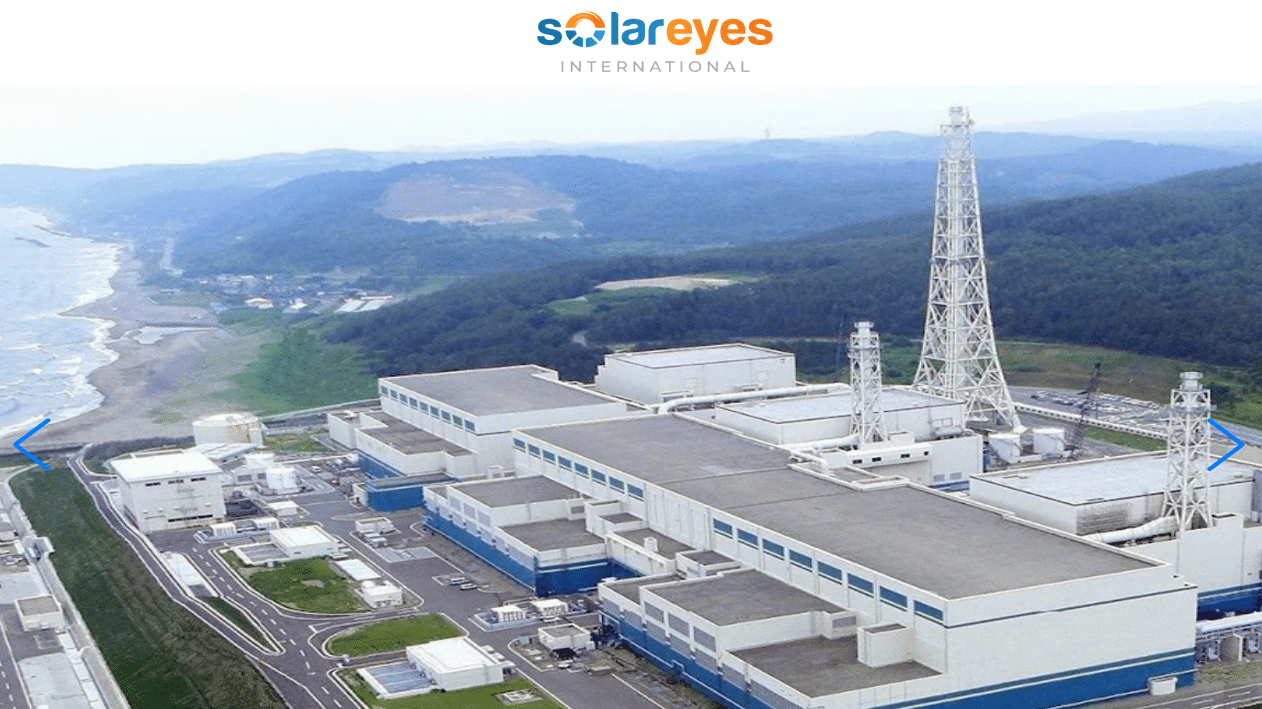
The 28th Conference of the Parties (COP28) to the United Nations Framework Convention on Climate Change (UNFCCC) recently concluded, leaving behind a trail of significant decisions and commitments to combat climate change. This gathering of world leaders, policymakers, scientists, and activists was held with the aim of accelerating global efforts to mitigate the impacts of climate change.
COP28 marked a critical juncture in the fight against climate change, and its outcomes will shape the future of our planet. In this blog post, we will delve into the key takeaways from COP28 and explore the implications for global climate action.
1. Enhanced Nationally Determined Contributions (NDCs)
One of the primary objectives of COP28 was to enhance and strengthen the Nationally Determined Contributions (NDCs) submitted by countries under the Paris Agreement. NDCs outline the efforts and actions that countries will undertake to reduce greenhouse gas emissions and adapt to the impacts of climate change.
During COP28, several countries announced more ambitious NDCs, committing to deeper emission cuts and increased renewable energy targets. This renewed commitment from nations provides hope for a more sustainable and resilient future.
2. Global Carbon Market
COP28 witnessed significant progress in the establishment of a global carbon market. A carbon market enables countries to trade emissions allowances, incentivizing emission reductions and fostering the transition to a low-carbon economy.
***Also Read: 10 Global Trends in the Solar Sector
The negotiations at COP28 resulted in the creation of a framework for the operationalization of the global carbon market. This milestone achievement will play a crucial role in driving emissions reductions and facilitating international cooperation in tackling climate change.
3. Adaptation and Resilience
Recognizing the urgent need to build resilience and adapt to the impacts of climate change, COP28 emphasized the importance of adaptation measures. Discussions centered around financing mechanisms for adaptation projects, technology transfer, capacity-building initiatives, and support for vulnerable communities.
The outcomes of COP28 underscored the necessity of integrating adaptation strategies into national policies and development plans, ensuring the protection of vulnerable populations and ecosystems.
4. Loss and Damage
COP28 placed a renewed focus on the issue of loss and damage associated with the adverse effects of climate change. Loss and damage refer to the irreversible impacts and the costs incurred due to climate-related events, such as extreme weather events and sea-level rise.
The negotiations at COP28 aimed to enhance the financial and technical support for communities and countries affected by loss and damage. This acknowledgment of loss and damage as a distinct issue signals a step forward in addressing the challenges faced by those most vulnerable to climate change.
5. Just Transition and Climate Justice
COP28 highlighted the imperative of a just transition towards a low-carbon economy. The concept of a just transition emphasizes the need to ensure that the shift to renewable energy and sustainable practices is fair and equitable, leaving no one behind.
Discussions at COP28 emphasized the importance of supporting workers and communities affected by the transition, providing social safety nets, and promoting inclusive and sustainable development. The focus on just transition and climate justice reaffirms the commitment to address the social and economic dimensions of climate change mitigation and adaptation.
6. Nature-Based Solutions
Nature-based solutions (NbS) emerged as a key theme at COP28, recognizing the integral role of ecosystems in mitigating and adapting to climate change. NbS refer to the sustainable management and restoration of ecosystems, such as forests, wetlands, and coastal areas, to enhance carbon sequestration and provide climate resilience.
COP28 stressed the need to scale up investments in NbS and integrate them into national climate strategies. By harnessing the power of nature, countries can achieve multiple benefits, including climate mitigation, adaptation, biodiversity conservation, and sustainable livelihoods.
7. Youth and Civil Society Engagement
COP28 witnessed unprecedented youth and civil society engagement, with young activists and grassroots organizations playing a vital role in pushing for ambitious climate action. The voices of the youth and civil society were amplified through various platforms, highlighting the urgency of the climate crisis and demanding transformative change.
COP28 recognized the importance of youth and civil society participation and committed to creating spaces for their meaningful engagement in decision-making processes. This acknowledgment of the role of young people and civil society is a testament to the growing recognition of their agency in shaping the future of our planet.
Conclusion
COP28 marked a significant milestone in the global fight against climate change. The outcomes of this conference reflect a growing recognition of the urgency to address climate change and the determination to accelerate climate action. Enhanced NDCs, the establishment of a global carbon market, a focus on adaptation and resilience, and the acknowledgment of loss and damage and just transition are all key takeaways from COP28.
Additionally, the emphasis on nature-based solutions and the engagement of youth and civil society signal a shift towards a more holistic and inclusive approach to climate action. As we move forward, it is crucial to translate these commitments into tangible actions and ensure their effective implementation. The success of COP28 will ultimately be measured by our ability to achieve the necessary emissions reductions, build resilience, and secure a sustainable future for generations to come.
FOLLOW US ON SOCIAL MEDIA
Follow us on LINKEDIN, FACEBOOK, TELEGRAM GROUP and WHATSAPP.
*** ALSO CHECK: 12 CHALLENGES FACED BY SOLAR COMPANIES IN DEVELOPING COUNTRIES
HOW TO SIZE A SOLAR SYSTEM – 5 clear steps anyone can follow
HOW TO START A SOLAR COMPANY – do these 6 things and make money through solar





